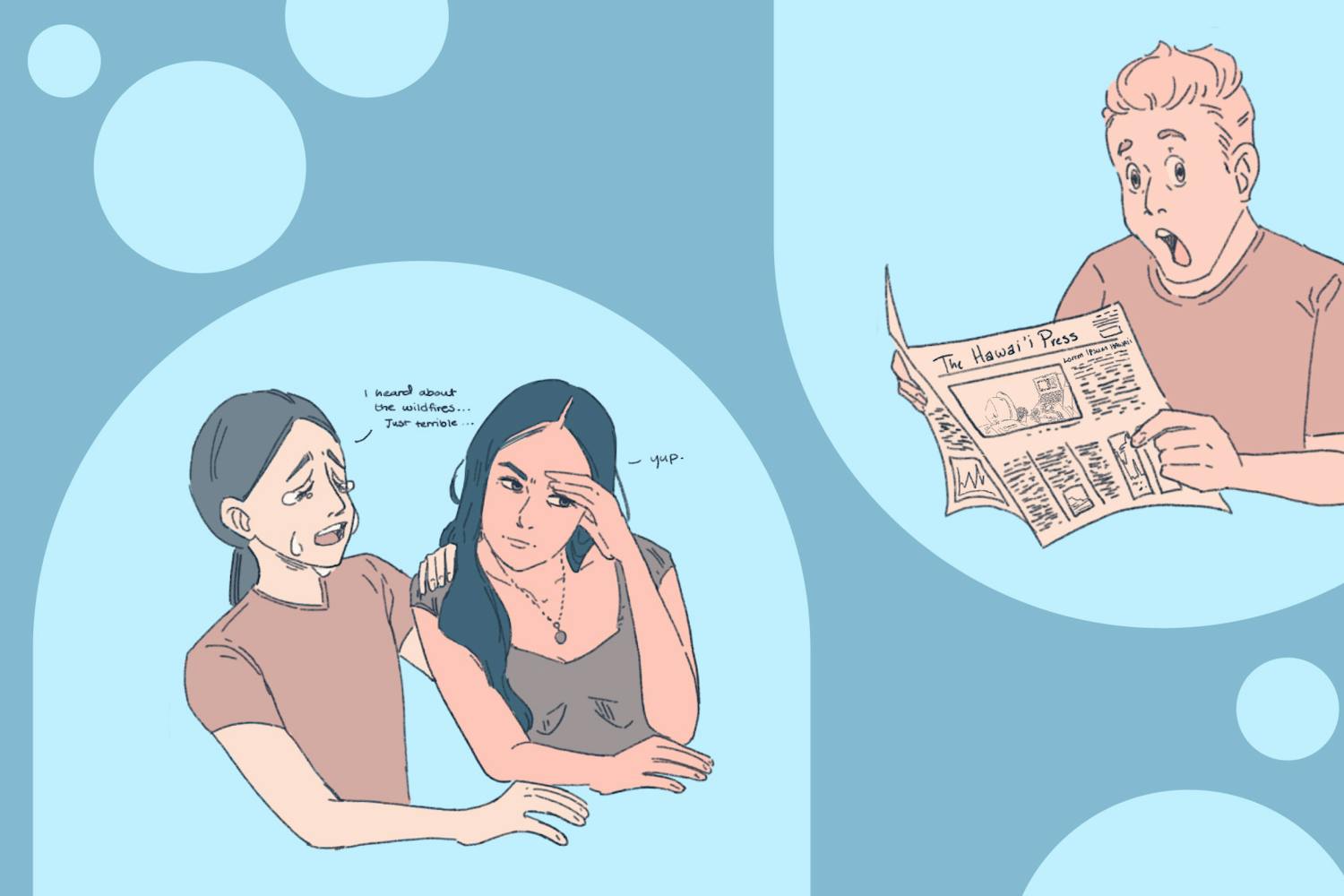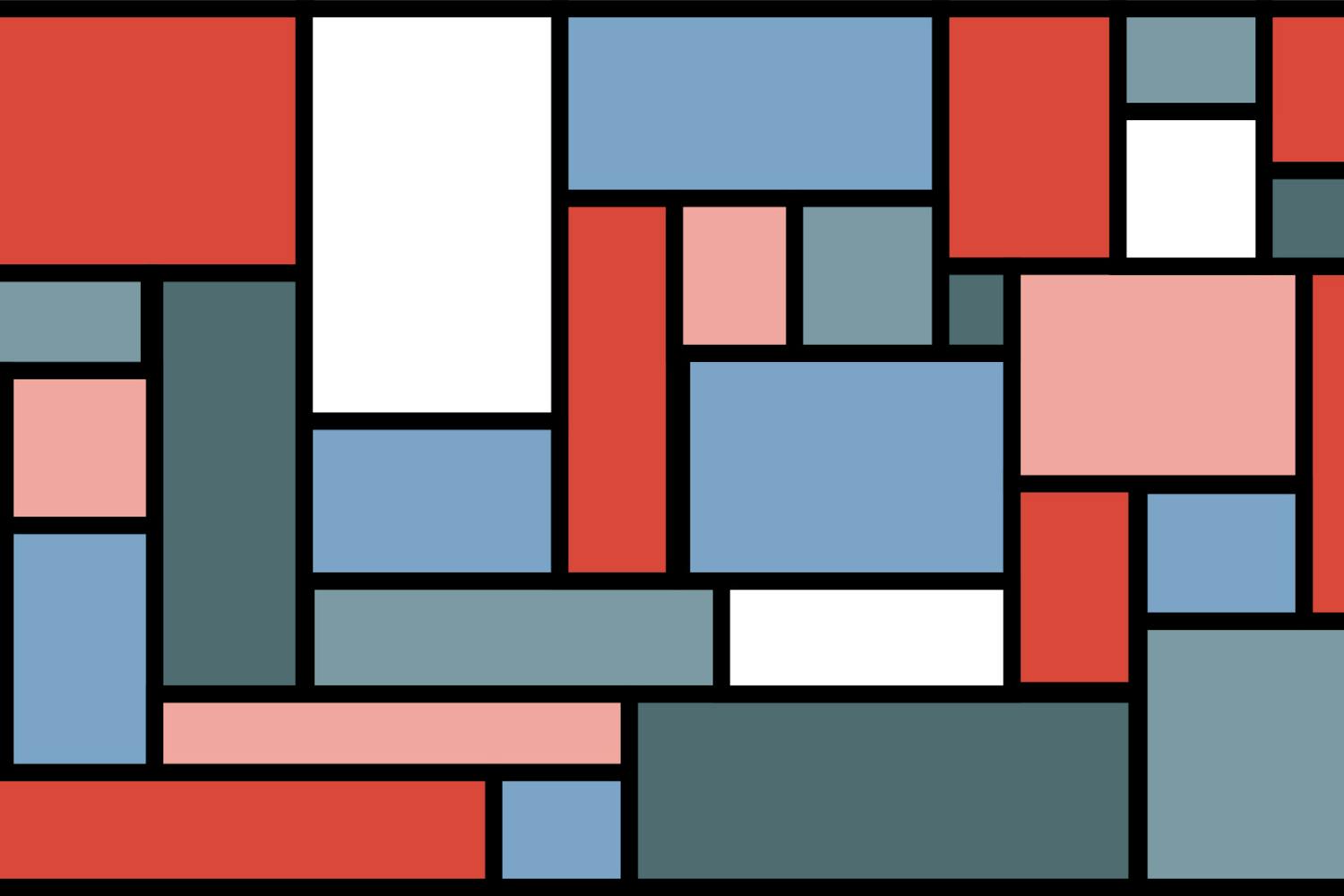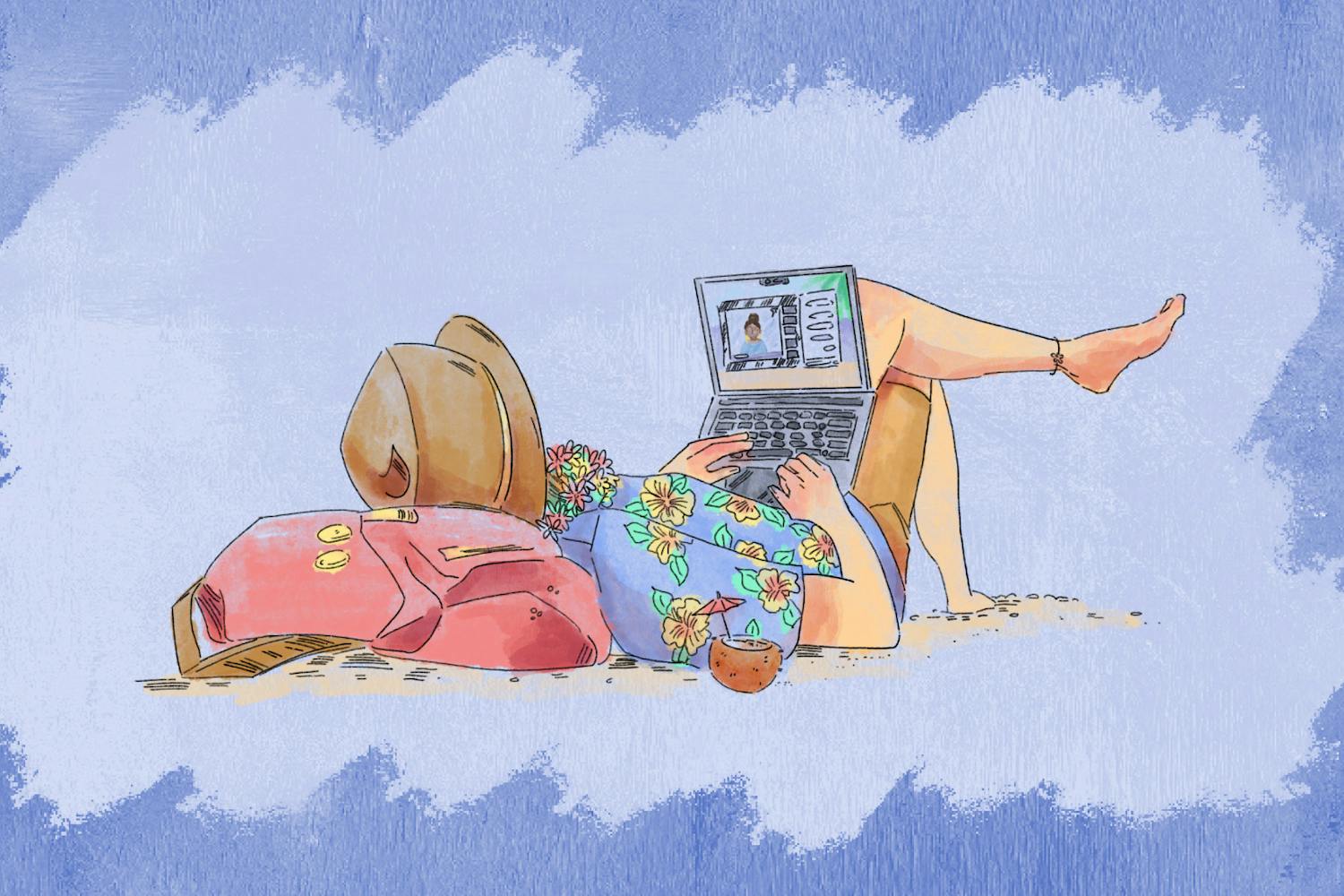 Although a minority in STEM fields, ASU women engineering students say being female hasn't stopped them yet from pursuing their degrees. Civil Engineering students Ashley Welton, left, and Mackenzie Ann Hagan, right, both lead ASU's chapter of the American Society of Civil Engineers.
Although a minority in STEM fields, ASU women engineering students say being female hasn't stopped them yet from pursuing their degrees. Civil Engineering students Ashley Welton, left, and Mackenzie Ann Hagan, right, both lead ASU's chapter of the American Society of Civil Engineers. Photo by Pauletta Tohonnie
It is no secret that science and math fields are still dominated by men.
In fact, in a 2009 report by the National Science and Math Initiative, it was revealed that men 25 and older held 87 percent of bachelor's degrees in engineering fields. ASU professors Veronica Santos, Jennifer Blain Christen and Aditi Chattopadhyay are part of a growing community of women engineers hoping to change this statistic.
“The skewed ratio of males to females is common to many engineering programs at many universities,” Santos says. “I observed this personally at four different universities as an undergraduate student, graduate student, post-doctoral researcher and faculty member.”
It’s important for females to get involved in engineering so that this can change, Chattopadhyay said. They need to set examples and motivate more women to study engineering.
Santos says she does exactly this.
“I hope that I can serve as a role model for other students in the ‘pipeline’ who wonder if it is possible for a woman to achieve work-life balance in the engineering field,” Santos says.
The electrical engineering field is a particularly male dominated field, Christen says. Many times, Christen has found herself to be the only female student or instructor in a room.
“When I find myself in a situation where I am representing a minority, I feel a much greater pressure to excel,” Christen says. “I don’t want to leave people thinking ‘Women aren’t good at engineering.’”
This feeling of being overwhelmed is shared among many women, Christen says. And it’s not going to get better if things aren’t changed both in an academic and a societal sense.
“In the U.S. we are failing at keeping girls interested in science and engineering; this is tragic. We are losing out on half the perspectives and half the talent in this country,” Christen says.
Fortunately, this isn’t exactly the case for everyone. For there’s one thing that ASU students Ashley Welton and Cassandra Johnson can agree on: Being a girl didn’t hinder their decision to pursue engineering degrees.
“When I chose civil engineering I didn’t even realize there would be a difference. I didn’t know that there were so few females when entering, not until I got into the classes,” Welton says.
Welton and Johnson are graduate civil engineering students at ASU. Welton is president of the campus club, American Society of Civil Engineers, where Johnson is also secretary.
“I wish there were more girls in it. I’m not really sure as to why there aren’t other than the cliché that girls don’t like math,” Johnson says.
Welton holds this assumption, as well.
“Most of my friends are just really intimated by math,” Welton says.
For the girls who were better at math and science, they typically ended up majoring in more nurturing fields like nursing or biology, Welton says.
Familiarizing students at an earlier age about engineering could solve this gender gap, Welton says.
“I feel as though I didn’t even know what a civil engineer was until my senior year in high school,” Welton says.
So many doors can open for engineering students, Johnson says. So it’s regretful that there are so few females in the field.
“For example, my degree is in civil, but at Boeing I actually work as a mechanical engineer. You’re able to cross so many boundaries,” Johnson says.
Wielding that engineering degree simply proves to companies that you’re able to learn and you’re able to design, Johnson says.
“It is a really cool feeling to be an engineer," she says. "As a girl, when you say that you’re an engineer, you almost earn instant respect from whoever you’re talking to."
Being a woman, it’s easier to be remembered.
“I’ll go to a career fair and I’ll introduce myself and [the employers] will remember me because they just met a million other dudes, but I’m the only chick that they’ve met,” Welton says.
However, at a past internship, Welton says she ran into an issue of being a female in a male-dominated field.
“The younger generation, the professors, the people around us want us to succeed, but for the older generation, it’s very different,” she adds.
It’s possible that it’s due to the way they were brought up, Welton says. Women were living very differently back then.
“We have more to say now and maybe [the older generation] got defensive.”
The negative interactions didn’t last long, Welton says. Once her employers saw what she could offer, the judgments faded.
Women bring balance and a different perspective to the engineering world, Johnson adds. Men and women are able to help each other out to reach a common goal.
For example, Johnson has seen women bringing their strict attention to detail to the table, whereas men tend to offer their assertiveness, among other qualities.
“I just think that in general, diversity within engineering is going to help solve problems since everyone is going to approach a problem differently,” Welton says.
Every individual, regardless of gender or nationality brings a unique perspective to every problem, Santos says.
“Engineering is and should be viewed as a gender-neutral field whose solutions come from creative minds, whether male or female,” Santos says.
Gender shouldn’t make a difference in any field, Chattopadhyay says. Instead, it’s all about passion and staying focused.
“Don’t let others tell you what to do with your life,” Chattopadhyay says.
Because, at the end of the day, engineering really is a great field to be in, Christen says.
“Engineers can do amazing things: build spaceships, computers, artificial limbs and more, but you have to struggle through the fundamentals before you get there."
Reach the writer at gretchen.burnton@asu.edu.





